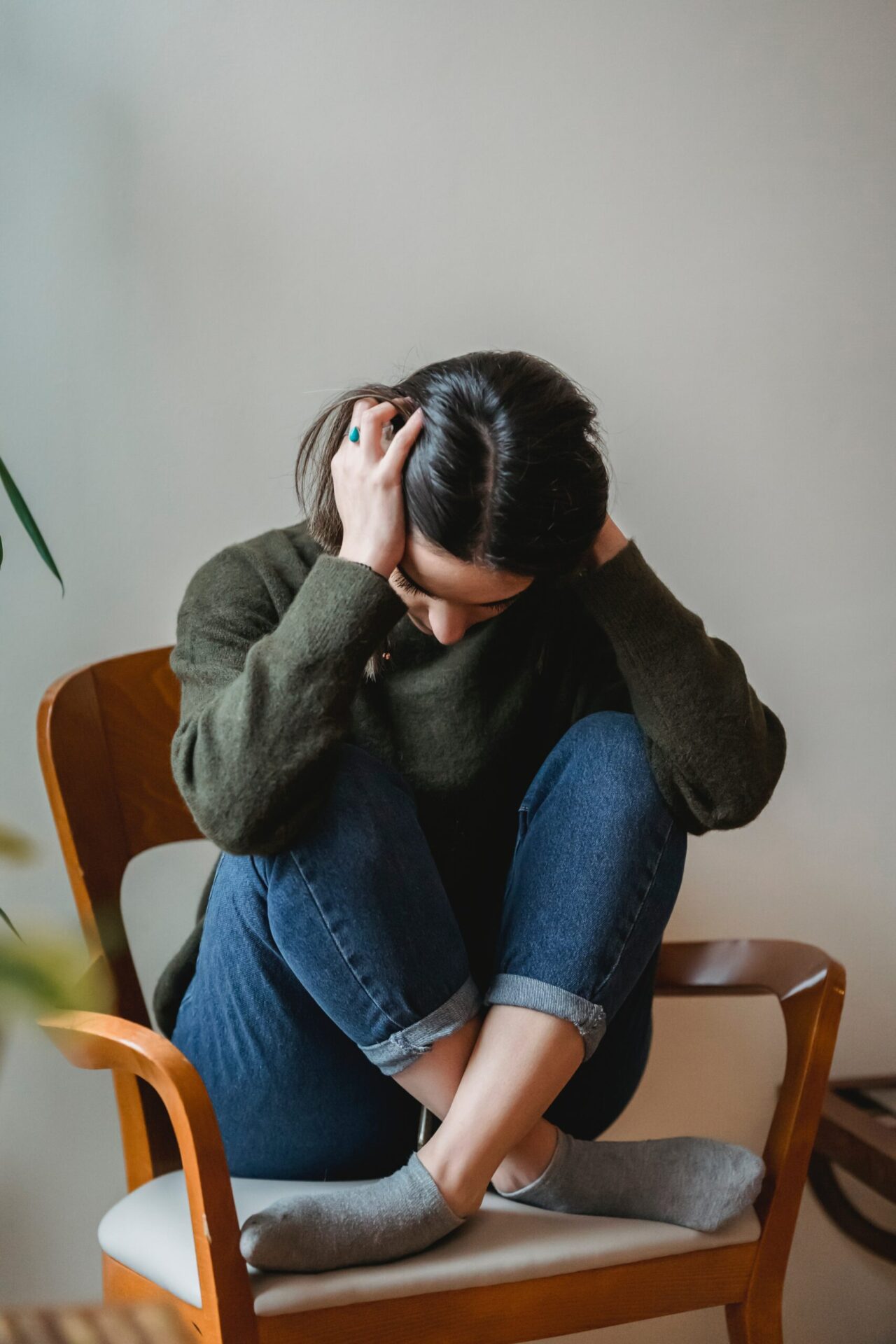When anxiety becomes too extensive, it can become a real handicap in your daily life. You worry about everything and everyone, sometimes reasonably, sometimes for no particular reason, you stress a lot about the slightest change in your daily life and you often talk about being afraid without really understanding why. No doubt about it, you are an anxious person, but rest assured, treating anxiety is entirely possible. Here are some solutions to help.
Key #1: Awareness
You must first work on your thoughts to treat your anxiety since only then can you offer reason to the internal conflicts and worries you encounter as well as some perspective to your chronic stress awareness.
Through exercises supervised by a therapist, you can explore the subconscious mental patterns that are now making decisions for you., i.e. sets of experiences that you have been exposed to since you were very young through observation and interpretation of the emotional events. The therapist will help you analyze, assess the childhood experiences to help you embrace the emotions connected to these challenging events.
Key #2: Integrating your emotions through the body
In order to effectively cure anxiety, physical exercise and emotional connection through the body are important. It is necessary to turn the anxiety-inducing event into an emotion that will go away as soon as the underlying cause has been addressed. Being encouraged and hopeful in your efforts to recover and embracing the challenging emotional experiences you had is very beneficial.
It is important to understand that these challenging experiences have remained as unprocessed anxiety that can be reduced when there is focus on the body. In general, everything that moves the body will help in controlling its internal activity.
Key #3: Confronting anxiety-provoking situations
Working through the behavioral method is the third strategy to treat anxiety. The most common behavioral when a person is experiencing anxiety is to avoid stressful situations, especially social ones due to the risk of having an anxious episode and being observed by others.
Therefore, it will be helpful to enlist the work of a psychotherapist to utilize cognitive-behavioral approach to help reduce the anxious thought to change the behavior. This will help you to gradually strengthen your tolerance to anxiety-inducing events and build your general confidence when faced with challenging situations. Getting acclimated to these impulses and learning to control your moods, emotions, and responses will be made possible by doing this.

